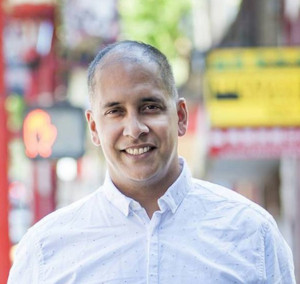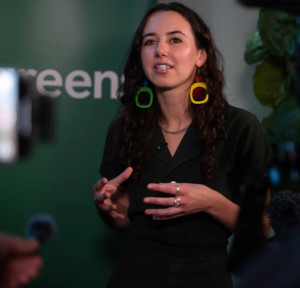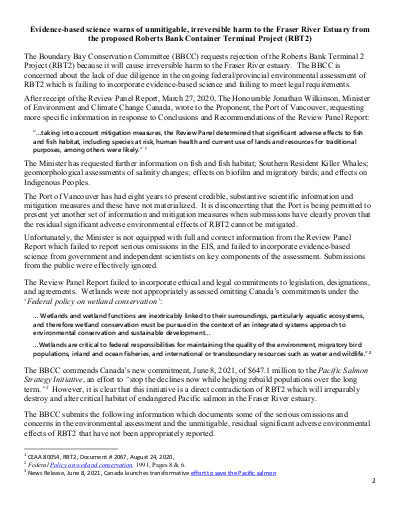Vancouver Should Lower the City’s Voting Age from 18 to 16
Electoral Reform October 30, 2025
Presentation to Vancouver City Council by Adriane Carr – Oct 29, 2025
Vancouver’s Unique Opportunity
The Vancouver Charter provides Vancouver the unique opportunity to be a leader and become the first municipality in Canada to change the voting age from 18 to 16. It requires Vancouver City Council requesting that the Province of BC make the Charter change, and the Province complying. To be in effect for the next municipal elections scheduled for October 17, 2026, the Vancouver Charter change must be enacted in the spring of 2026. The Province must also tweak the Election Act so Elections BC can include 16-17-year-olds in list extracts. Elections BC has collected this data since 2019.
Continue Reading »






Recent Comments